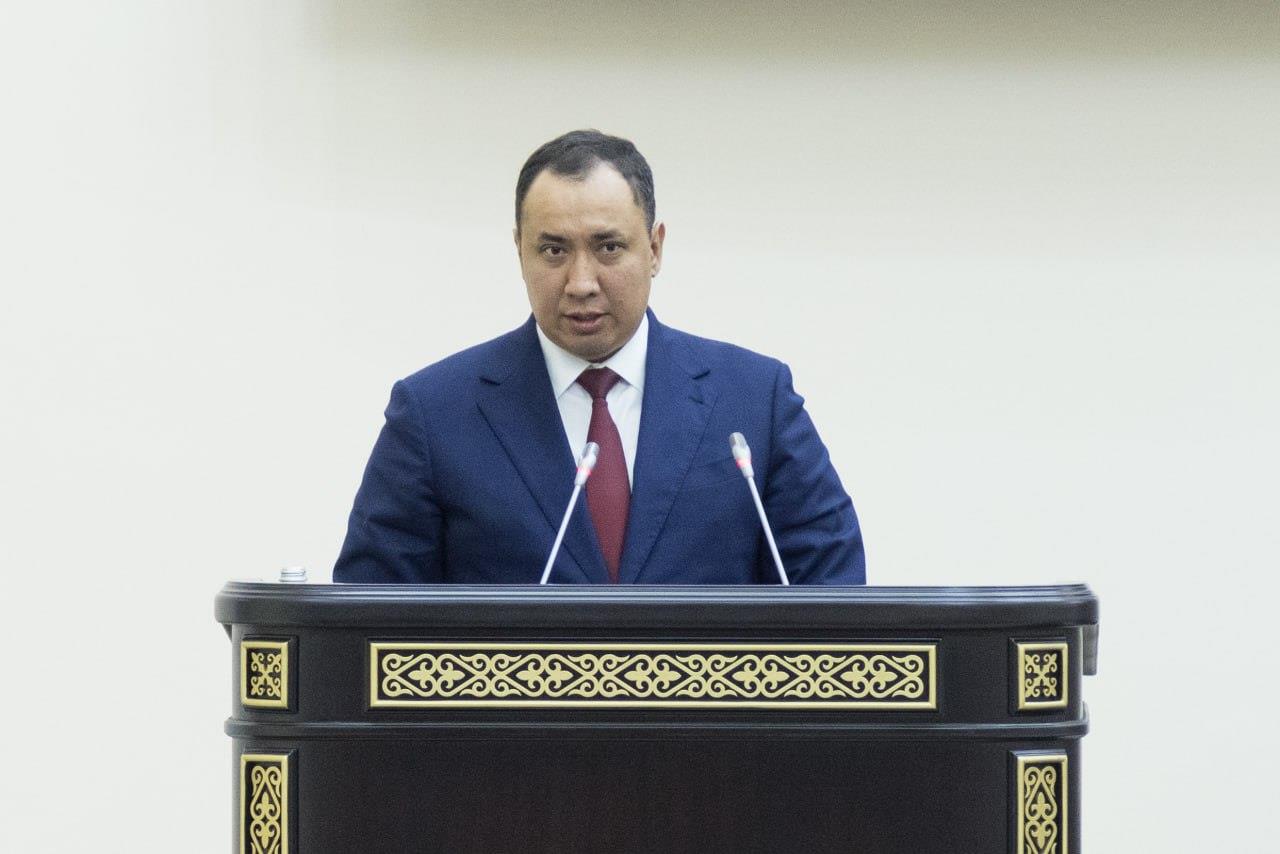
Kazakhstan Optimizes National Budget By Excluding Ineffective Projects
According to Beissenbekuly, in the preparation of the three-year budget, a ten-year forecast for the country's socio-economic development was also developed, to be updated every three years. He noted that this long-term outlook constitutes a critical element, as it ensures the coordination of fiscal and monetary policies.
Within this framework, the budget was optimized by 68 billion tenge ($130.8 million) without compromising the quality of government services. Administrative expenditures have been reduced from 15 percent to 12 percent.
Beissenbekuly emphasized that the shift toward an investment discipline has enabled the exclusion of ineffective projects, thereby minimizing underfunding risks and allocating resources to truly critical infrastructure.
He further stated that the national budget continues to prioritize social objectives. In 2026, 10.8 trillion tenge ($20.8 billion) will be allocated to the social sector, including 6.8 trillion tenge ($13.1 billion) for social payments and 4 trillion tenge ($7.7 billion) for human capital investments. The real economy sector is set to receive 3.6 trillion tenge ($6.9 billion) in 2026.
Conversions to USD are based on the National Bank of Kazakhstan's official exchange rate of 1 USD = 519.41 KZT as of November 20, 2025.

Legal Disclaimer:
MENAFN provides the
information “as is” without warranty of any kind. We do not accept
any responsibility or liability for the accuracy, content, images,
videos, licenses, completeness, legality, or reliability of the information
contained in this article. If you have any complaints or copyright
issues related to this article, kindly contact the provider above.


















Comments
No comment